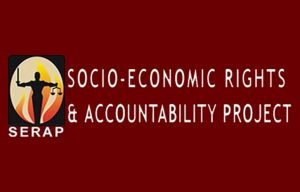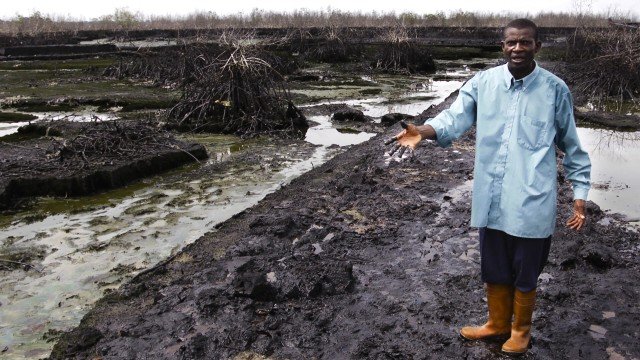Women across the Niger Delta have raised their voices against decades of injustice in inheritance, leadership, and resource distribution, saying their contributions to peace and community development are being ignored.
The call came during a three-day workshop in Port Harcourt, Rivers State, organised by the Socio-Economic Rights and Accountability Project (SERAP) with support from the Ford Foundation. The session, which drew participants from Akwa Ibom, Bayelsa, Cross River, Delta, Edo and Rivers, trained women leaders, activists, and journalists on how to use strategic litigation to secure justice.
For many women, the grievances run deep.
Mrs Naamon Grace, from K-Dere community in Ogoni, recalled the painful years of the environmental struggle led by Ken Saro-Wiwa. She narrated how women faced rape, torture and displacement at the hands of the military, yet today they are sidelined in both inheritance and the ongoing clean-up process. “We fought, we suffered, but we were never recognised. Even now, we are forgotten,” she said.
Peace Mgbenwa, from Okwuisi in Ogba/Egbema/Ndoni LGA, decried how women leaders in her community are handpicked by men and often prioritise token gifts over genuine representation. “We now understand our rights and how to achieve them,” she said after the training.
Martha Egbe, President of the Voice of Eleme Women Association, lamented that despite over 400 companies operating in Eleme, women remain excluded. Pollution, she stressed, has devastated their livelihoods. “We can’t farm, we can’t fish. We are crying because women are the worst hit, yet the last remembered.”
SERAP’s Deputy Director, Kolawole Oluwadare, pledged legal support for the women. “Our lawyers are taking records. We are going to support them,” he assured.
Experts at the workshop emphasised that ignorance, legal illiteracy, and lack of political representation keep Niger Delta women at the margins. Veteran journalist Constance Meju called for intensive sensitisation, saying women are trapped in “money, political and legal illiteracy.”
The Niger Delta women left with a renewed determination: to demand inclusion, inheritance rights, and fair benefits from the resources that have long sustained their communities but left them in poverty and pain.











